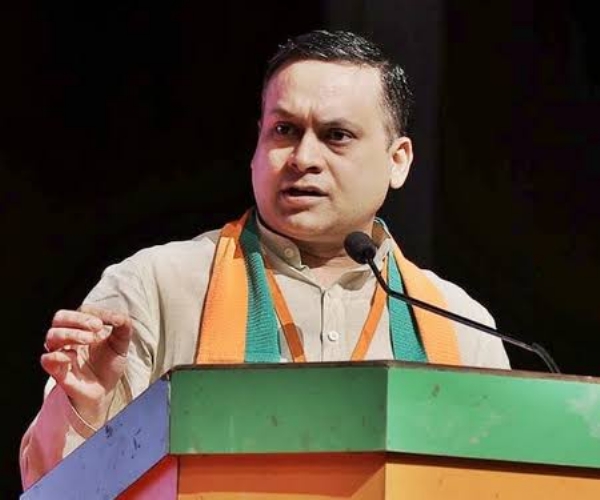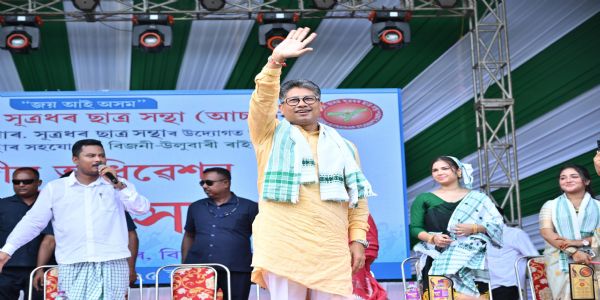
Kolkata, 8 August (H.S.) – On the death anniversary of Nobel laureate poet, writer, and philosopher Rabindranath Tagore—observed as Baishe Srabon—BJP IT Cell head and West Bengal’s central observer Amit Malviya launched a sharp attack on the Trinamool Congress (TMC). He accused the party of being a “fake custodian” of the Bengali language and of creating false and divisive controversies over issues of language and identity.
Malviya’s remarks came in response to two social media posts by Chief Minister Mamata Banerjee—one on Thursday and another on Friday morning—in which she described Tagore as an enduring source of inspiration, especially at a time when, she alleged, Bengali-speaking people were facing discrimination in several parts of the country, particularly in BJP-ruled states.
In a post on Friday morning, Malviya wrote, “Mamata Banerjee and her party colleagues are creating a false and divisive controversy around the language and identity of Bengal and Indian Bengalis—something that can never align with Gurudev Tagore’s grand vision of Indian unity.”
He further alleged that the TMC, while posturing as a champion of Bengali, has promoted Urdu as an official language in West Bengal to appease what he called an “anti-Bengali mindset” of a particular section. “Such people are undermining Tagore’s idea of ‘the harmony of one life’ and deserve nothing but contempt,” he said.
Highlighting the central government’s efforts, Malviya claimed that under Prime Minister Narendra Modi, historic steps have been taken to preserve and promote the Bengali language’s rich heritage. “No government since Independence has recognised Bengali as one of India’s foremost languages as seriously as the Modi government,” he asserted.
He also underlined Bengali’s literary and cultural contributions, saying the language has produced poets, writers, and scholars who have shaped not just Bengal’s identity but also India’s national consciousness—from early translations of Sanskrit epics to the revolutionary literature of the 19th and 20th centuries.
Malviya noted that on October 3, 2024, the Modi government granted Bengali the status of a “Classical Language,” a formal recognition of its profound role in shaping Indian thought and history.
Hindusthan Samachar / Satya Prakash Singh






